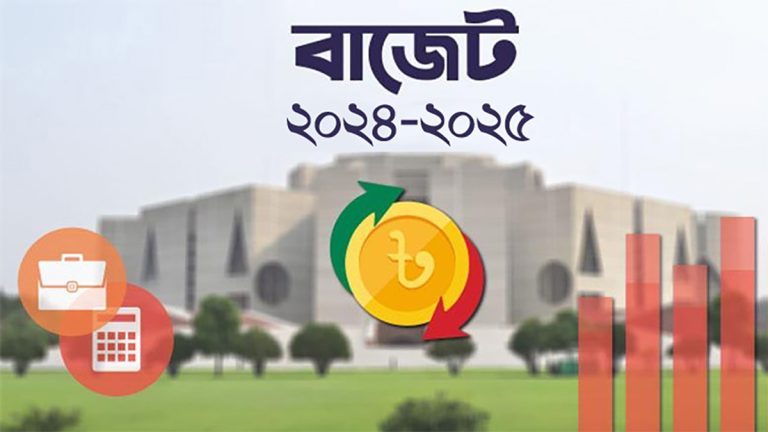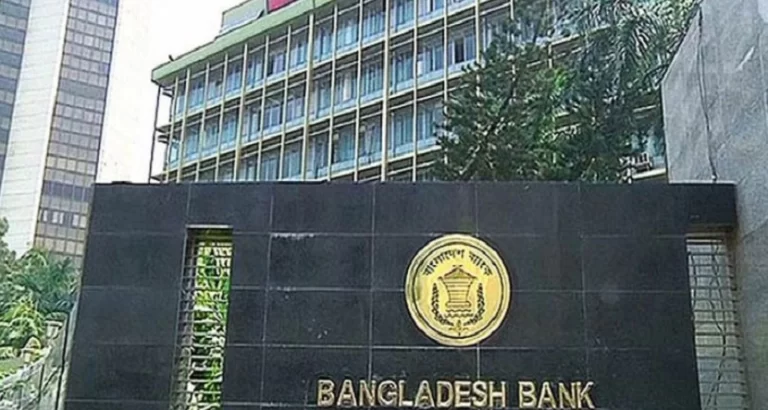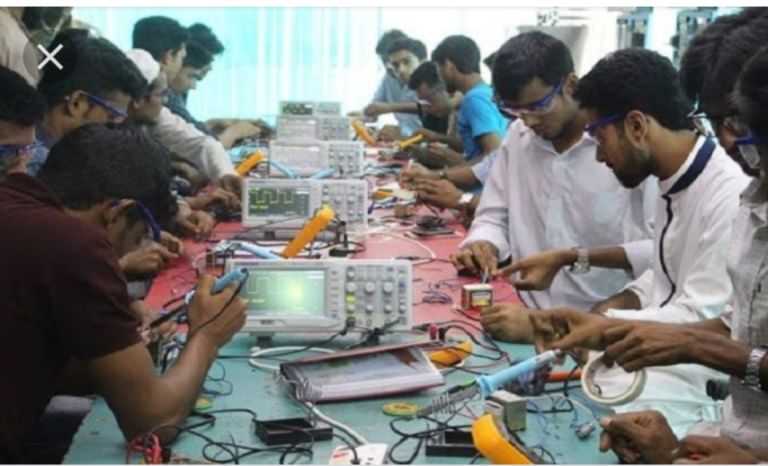Economic Planning and Changing Realities of Infrastructure

The conscious citizens of the country had at least hoped that this year’s budget would be different. Since the government has already acknowledged that the country’s economy has taken a significant hit, funds are being sought from various sources, including the IMF and the World Bank, to support the economy. The IMF is also providing various economic reform programs, making this budget undoubtedly different and significant.

However, after presenting the budget in parliament, it appeared to be just a routine budget. Even after Abul Maal Abdul Muhith’s departure, Mustafa Kamal, as the Finance Minister, kept the budget at the same level. During Mustafa Kamal’s tenure, long-term economic planning was significantly reduced from the budget. Additionally, many paths have been created to weaken financial sector management. It is not easy to understand why he deviated from long-term economic planning. However, everyone understands the reasons for creating the paths to weaken economic management. As a suddenly booming businessman, he prioritized his and his companions’ interests. Some people at least hoped that this year’s budget would include a plan to bring the crisis-ridden economy back to its previous state.

After presenting the budget, it became apparent that it was a repetition of previous budgets. Nevertheless, there was a faint hope that at least some members of parliament would speak up to bring some changes. But those who could speak about it did not even come close to it. And the remaining members, who came to parliament with the qualification to stay in local government, continued to speak from their positions about their area’s development, which does not align with the national parliament and national budget.
The biggest issue for the people now is to take a realistic step to bring the economy back from where it has fallen. This cannot be achieved in a day or even a year. Those who say that it can be quickly overcome are essentially making a mistake or speaking to satisfy others. Those who keep an eye on Bangladesh’s economy, both domestically and internationally, and the statements made by international financial institutions make it clear that at least a three-year realistic economic plan is now necessary.

Before making this plan, the government must stand on the absolute truth and clearly understand through accurate data and research how much the economy has been hit due to international situations and how much due to internal economic management. If the government creates an economic plan to solve the current problems without standing on this reality, that plan will also not be realistic.
At present, the biggest problem for the people is inflation. Due to inflation, the prices of essential goods have become unbearable for ordinary people or those with fixed incomes. The reasons for the price increase of these essential goods can no longer be blamed solely on extortion. The days of stopping trucks for extortion have gone, as the whole country is now mainly connected by bridges. The actual reasons include increased space rent, fuel prices, labor costs, production costs, unplanned supply, and lack of proper production coordination. On the other hand, there is a cartel formation among traders regarding imported goods, which is called a syndicate. All these problems need to be solved through economic policies and planning. None of these can be solved by force.

Foreign friendly countries are now more willing to lend to Bangladesh for infrastructure. Bangladesh will not refuse these loans. However, it is now essential to determine which infrastructures are immediately necessary and which can wait, given the current reality. There must be a balance between the country’s core economic strength and foreign debt. If the balance tilts too high or low on one side, ultimately, the country and its people will bear the brunt.
Moreover, there has long been a demand for a clear plan on how much of the country’s money should be spent on employment and how much on infrastructure. There is no need for this infrastructure considering the politics of votes. This has no benefit for the ruling party in a genuine vote, as seen in the recent election in Uttar Pradesh, India. There, small businesses were demolished to construct an eight-lane highway. The ruling party hoped people would vote for them by seeing this highway, but people did not. Instead, they focused on their livelihoods.

Most of our representatives still have the mindset of the eighties. They believe that if there are roads and infrastructure in their area, people will vote for them. But in 2024, 26, or 28, if they genuinely go to the people, they will see that the people’s needs have evolved from the infrastructure demands of the eighties. Their life complexities have increased, their various expenses have increased, and due to health consciousness, their medical expenses have also increased. As a result, their demand now is to increase their income. They want the government to help fulfill this demand.
Currently, the most crucial issue in Bangladesh is that the largest part of the population is young. There is no alternative but to create jobs for these youths. Instead of sending them abroad as unskilled labor, it is essential to make them skilled. A recent conference in Bangkok on migrant workers showed that Bangladesh is second only to the Philippines in sending workers abroad. However, the reality is that the Philippines sends housemaids, while Bangladesh sends construction workers. In contrast, our neighboring country India sends the most software workers globally. The only reason is the proficiency of their software workers in English.

Language has always been a technical infrastructure. After becoming a computer-dependent world, proficiency in English has emerged as the most significant infrastructure within this technological infrastructure. Very few members of our parliament have spoken about building this infrastructure. Most are concerned with culverts, bridges, and roads, like local government representatives. But to advance Digital Bangladesh or make real progress through digitalization, it is crucial to emphasize English language proficiency as the primary infrastructure. Even the digital parks remain empty year after year, and young Bangladeshi freelancers or other IT workers are not gaining significant positions because of language issues, which is not in the focus of the representatives.
Therefore, it is now essential to determine in which sectors and how to build infrastructure—not just on land or rivers but also in human resources. The most valuable asset for countries with a large young population is this young human resource. As developed countries are experiencing a decline in young populations, countries with young populations must now focus on this human resource as the primary infrastructure. They must connect with those countries or institutions that will help build this human resource infrastructure. Only by developing this resource can an economic link with developed countries be established in the current reality.

On the other hand, to reduce the management crisis in the financial sector, particularly the banking sector, it is necessary to value competence from top to bottom and deeply review policies. For example, it is crucial to evaluate and plan whether the funds of domestic banks should go into structural infrastructure or new employment-generating industries and human resources. If too much goes into structural infrastructure, it will negatively affect the industrial sector, as it will not receive loans. This will inevitably have an adverse impact on the economy.
Additionally, due to the poor state of the economy, a policy of austerity has been adopted. Past experiences of many countries successfully coming out of major wars without adopting absolute austerity suggest that a roadmap to overcome the current economic crisis needs to be created without opting for excessive austerity. Excessive austerity reduces production and often leads to prolonged crises.
Overall, after this very ordinary budget, a three-year economic plan, in line with the current global reality and free from the temptation of any lender’s money, is now essential to get the country’s economy on the track of recovery. There is no alternative to relieving people’s daily hardships and transforming the young population from a burden into a valuable asset.
The author is a state-awarded journalist and editor of Sarakhon and The Present World.












